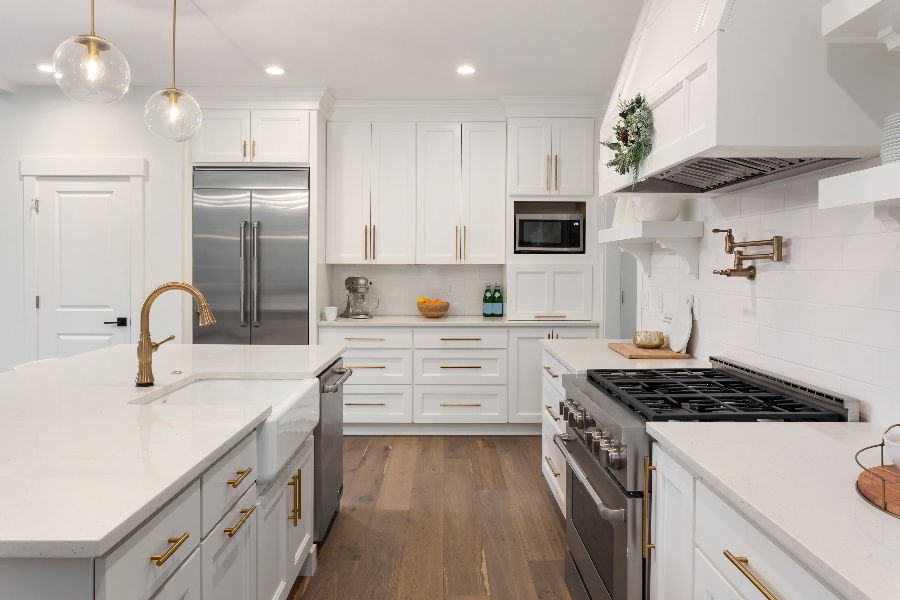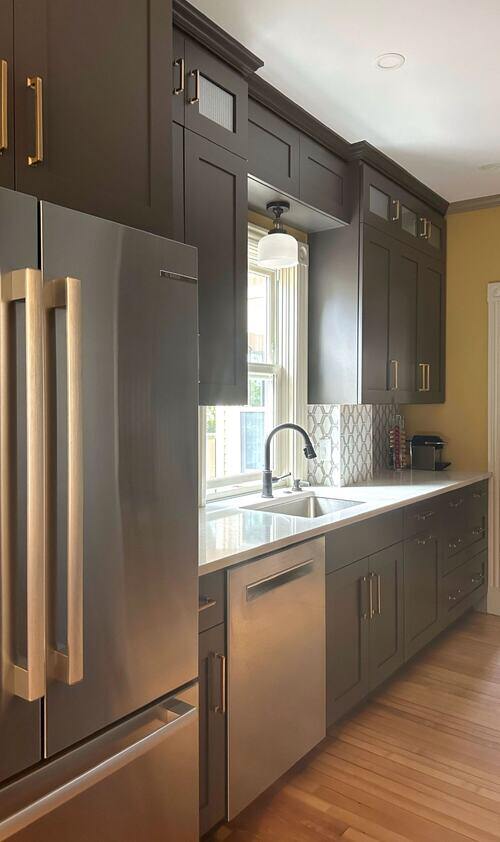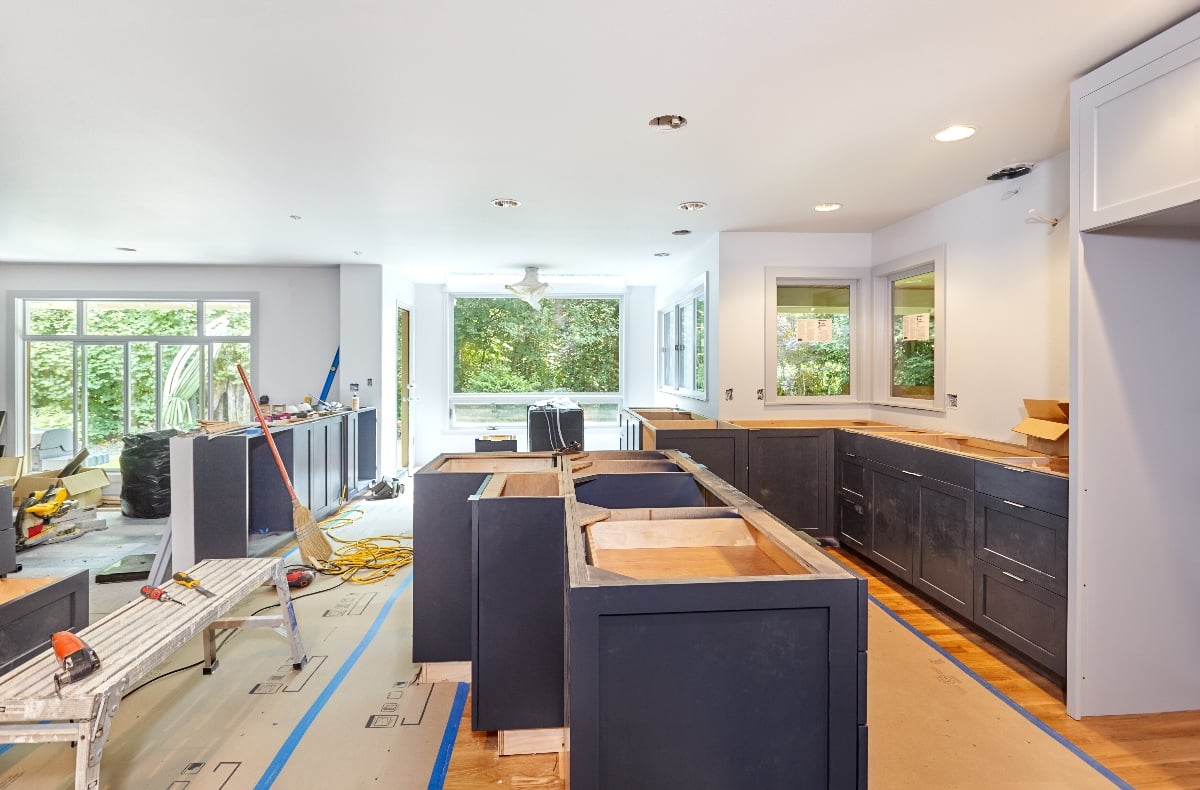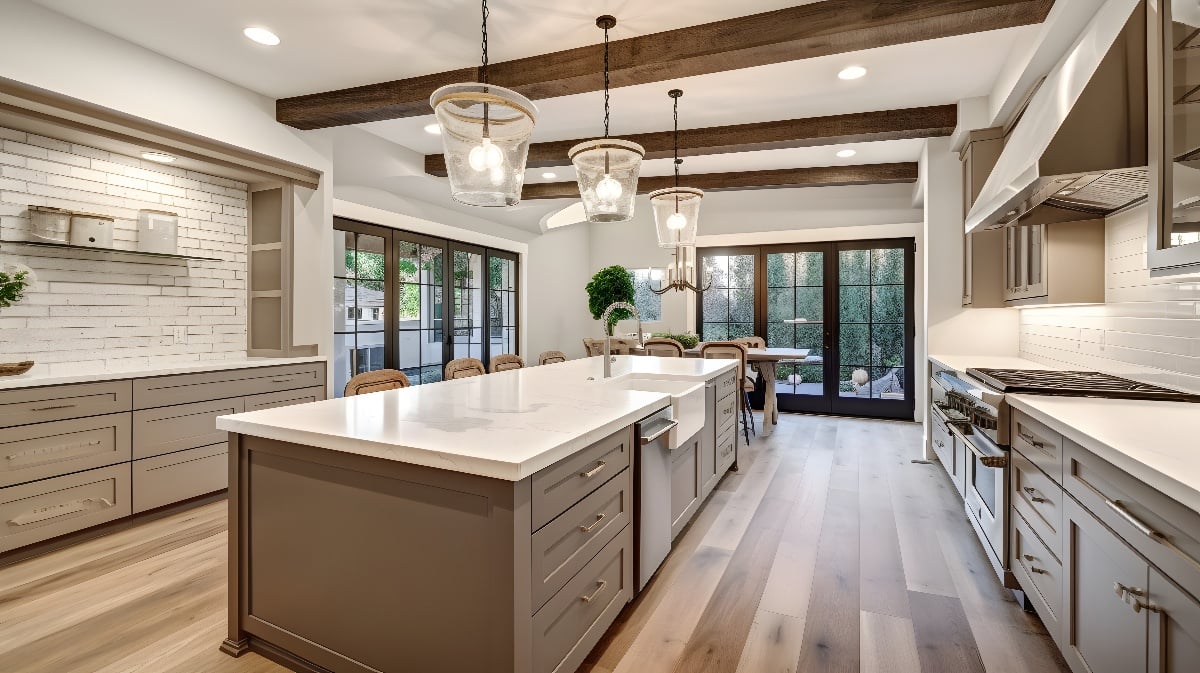If you're in the market for new appliances, likely, you've already to come to terms with the fact that there are so many choices out there.
But what if you're not sure which direction to take? How do you know which features are essential and which ones don't matter? Here are some tips on choosing new appliances that will suit your needs.
Think about how you use your current ones
The first step when choosing a new appliance is to consider how you use your current ones. What do they do for you? How often do you use them? How much time does it take for them to complete their tasks?
Using your appliances will help you choose the most important features when buying new ones.
If these questions make sense and give insight into what features are important to you, it's time to consider what kind of appliances will allow those needs. For example, if home cooking is an integral part of your life, but there are not many places where food preparation can happen comfortably at home (e.g., no oven), a microwave could fill this gap in functionality while providing minimal storage space since microwaves operate without leaving any room behind them — no cabinets required!
Identify what features are important to you.
Once you've identified your style and preferences, the next step is to consider what features are important to you. For example, if you're looking for an appliance that can cook large amounts of food quickly, then a range with a large capacity may be good for you. However, if cooking only 1-2 times per week isn't a big deal in terms of time or money spent on groceries, then something small and easy to clean might be more appropriate.
It's also essential to consider how often people will be eating at your house when shopping for appliances—you want something with enough space inside so everyone can fit comfortably around it without crowding around their plates!
Consider energy-saving options.
Choosing energy-efficient appliances is one of the most important things you can do to save money. Energy Star ratings provide a rating system for devices and their efficiency, while some models have built-in timers that shut off after set periods. This helps reduce energy costs by leaving lights on longer or turning off appliances when they're not in use.
Don't rush.
When you're shopping for appliances, there are many things to consider. The first one is that it's not always easy to know what kind of appliances you need and how much they'll cost. And if you're looking at a big-ticket item like an oven or microwave, it can be tempting to go with the lowest price on something that seems like it would work fine until tomorrow morning when the first thing your kid will do is throw their cookies all over them. But before making any hasty decisions about what kind of appliance(s) will best serve your needs, take some time to consider these questions:
- What type of cooking environment do I have?
- How much time do I have?
- Do I want energy efficiency in my kitchen?
Research the options you're interested in before you commit to a purchase.
It's essential to do some research before committing to a purchase. This will help you find the right appliance for your home and budget, but it also allows you to learn more about how each product works and its pros and cons.
- Don't buy anything without doing some research first. You shouldn't just go by what you see in stores—you should ask questions about any appliance that catches your eye!
- Don't be afraid of walking away from an item if it doesn't seem right for your needs or lifestyle; there are plenty more options out there waiting for someone else who might want them more than you do!
Pay attention to capacity and size.
Capacity and size are critical factors when choosing a new appliance. Capacity is how much the machine can hold, while the size refers to its overall size.
The capacity of your refrigerator will vary depending on what you store in it, but some general guidelines can help you determine how much space your fridge needs:
- If you have a lot of groceries, look for one with at least 30 pounds (13 kilograms) of food. The bigger models cost more, but they're worth it if they accommodate everything you want to keep cold or frozen all year round.
- If space is an issue in other areas of your kitchen (like behind counters), opt for smaller refrigerators with capacities between 25 and 40 pounds (11–18 kilograms). These sizes don't take up much room but still allow for ample storage space—enough for most families' weekly groceries!
Pick something that won't be outdated in a few years.
You can't go wrong with a product that will still be in style in a few years. If you buy an obsolete appliance in two years, it will be harder to resell or trade-in for one of equal value—the more extended the warranty, the better. Additionally, look for appliances with more features and greater energy efficiency (EPS).
Don't neglect any included accessories.
- Don't neglect any included accessories.
- Be sure to check for warranties before purchasing an appliance.
- Consider energy efficiency, which can be good or bad depending on your needs and habits.
Bottom line
Edesia Kitchen & Bath Studio is the place to go if you're in the market for new appliances. We have many products and are willing to help anyone find their needs. Our customer service is also excellent! Contact us today if you have any questions about their products or want more information on how they work.











